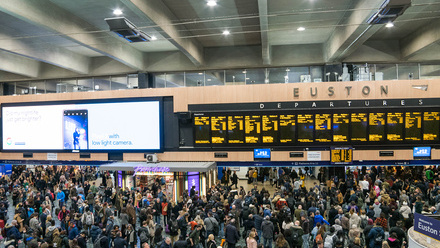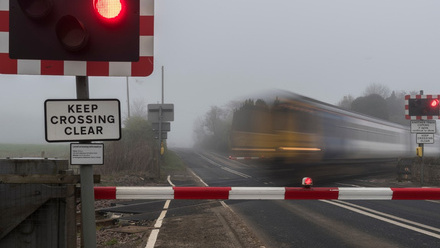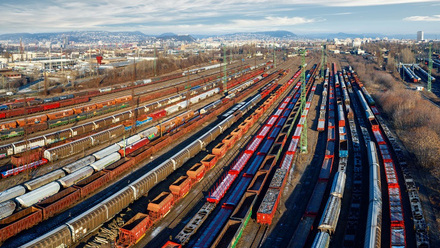Staying on track
Experience and age can help high-speed train drivers cope with the effects of stress and fatigue, a new study shows. Researchers examined how individual differences had an influence on situation awareness (SA). They tested the theory that SA could mediate the impact of fatigue and stress on drivers’ safety performance.
Almost 1,400 male drivers from across different areas in China were surveyed for the study using questionnaires about their experiences at work. The researchers found that fatigue and stress had an impact on both human error and SA. However, older drivers were more likely to be resilient to fatigue and stress, despite increased age being previously linked to a decrease in cognition.
The study, published in the journal Ergonomics, said: “Older drivers may have developed better compensatory mechanisms or strategies to cope with fatigue and maintain high SA.
“Secondly, high-speed train driving is a complex and dynamics task involving long periods of monotony and low workload, which may lead to driver boredom and complacency. In such situations, older drivers may have an advantage over younger drivers. They might rely more on their expertise and strategies to compensate for their cognitive decline.”
It added: “These findings can inform more tailored safety management strategies to lower human error and enhance the safety of high-speed train operations.”
Read the full paper.






